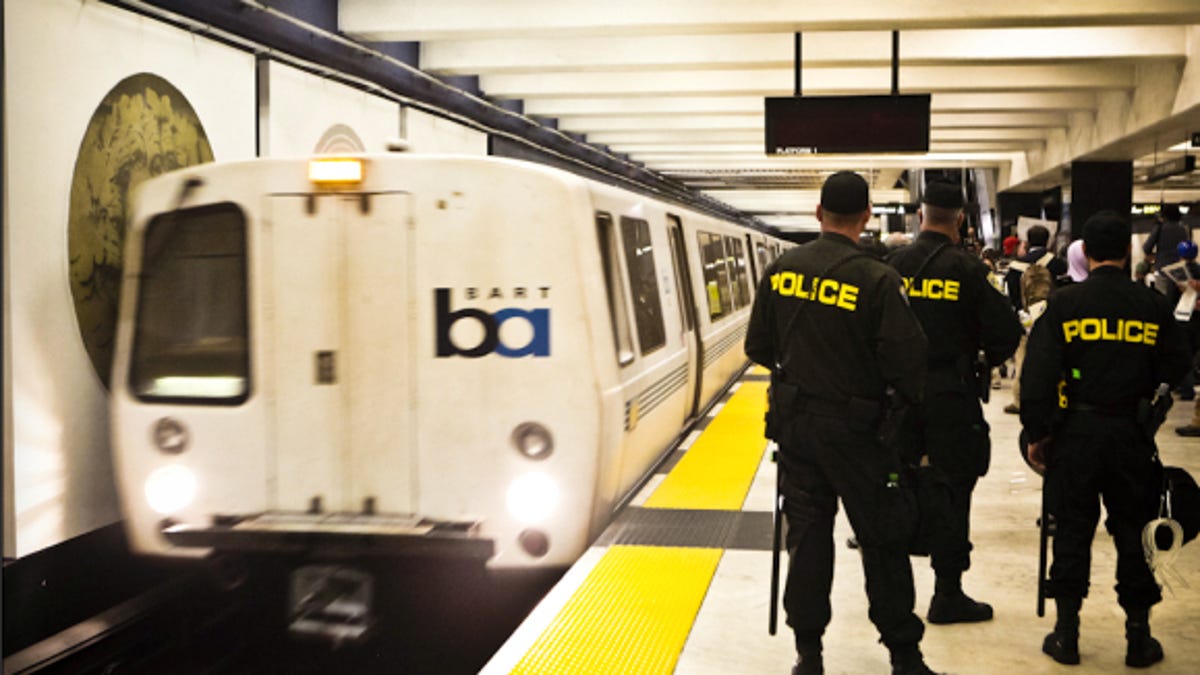FCC seeks comment on police shutdowns of cell service
Last year's police shutdowns of cell phone service in San Francisco subways was prompted by protests against police shootings. The FCC wants public input on the issues around shutdowns.

The Federal Communications Commission wants to know what the public has to say about government officials asking carriers to disable cell service for public safety purposes. The agency's concern is a reaction to last year's cutting of service by San Francisco Bay Area subway police ahead of a protest.
"Our democracy, our society, and our safety all require communications networks that are available and open, FCC Chairman Julius Genachowski said in a statement. "Any interruption of wireless services raises serious legal and policy issues, and must meet a very high bar. The FCC, as the agency with oversight of our communications networks, is committed to preserving their availability and openness, and to harnessing communications technologies to protect the public."
The FCC has set a two-month deadline for public comment (PDF) on topics including past practices and precedents for cell service interruptions, risks involved, whether 911 emergency calls can still be made during a shutdown, and what the legal issues are. People can submit comments electronically via this link.
The action was prompted by public outcry over BART (Bay Area Rapid Transit) subway police asking carriers to temporarily disable service in four downtown San Francisco subway stations last August, in an attempt to stop a planned demonstration from taking place. Protesters were angry over the fatal shooting by a BART police officer in July of a man wielding a knife, and a fatal shooting by BART police of an unarmed man in early 2009.
At a public hearing in Oakland in August, BART officials defended their action saying it was necessary to protect public safety in the event the demonstration got out of control and to keep protesters from coordinating their actions using their cell phones. Civil rights groups alleged that interfering with cell service violated BART riders' First Amendment rights to free speech.
BART officials later adopted a policy that bars officials from interrupting cell service in subway stations except in "extraordinary circumstances," such as when there's evidence of imminent unlawful activity that threatens the safety of people, property destruction, or disruption of subway service. Right after the new BART rules were announced in December, the FCC said it would review whether those rules adhered to the Federal Communications Act, the First Amendment, and other laws."The service interruption last summer drew sharp criticism, and state and local governments have recently grappled with how to address possible future events," the FCC said in its notice of request for public comment.
The BART cell service disruption led to a series of additional protests organized with the help of online activist group Anonymous that resulted in the shutdown of subway service during evening rush hour several times. The action also prompted hackers to break into a BART police union Web site and a BART site for passengers and to post to the Web personal data stolen from those sites.

